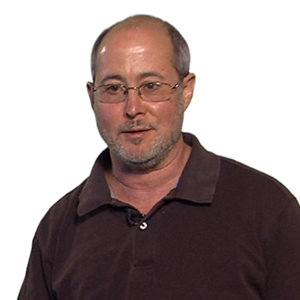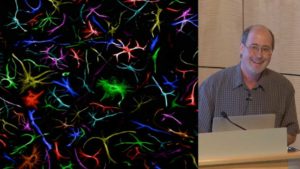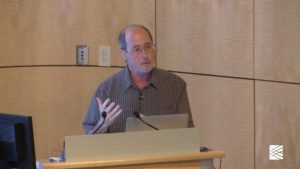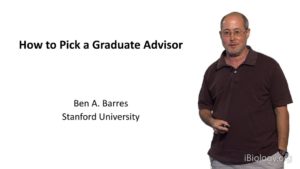Dr. Ben Barres is a professor at the Neuroscience department at Stanford School of Medicine. Barres earned his BA in biology from MIT, and completed a medical degree at Dartmouth Medical School. He continued his medical training as a neuroscience resident at Cornell University, completed his PhD in Neuroscience at Harvard Medical School, and joined the laboratory of Dr. Martin Raff at University College London for his postdoctoral training. In 1993, Barres joined the faculty of neurobiology at the Stanford School of Medicine, where he has been the chair since 2008.
For over 20 years, Barres has studied the development and function of glial cells and how they interact with neurons in the nervous system. For his scientific contributions, he received the McKnight Investigator Award, the Mika Salpeter Lifetime Achievement Award, and he was elected member of the American Association for the Advancement of Science (2011), and the National Academy of Sciences (2013). Learn more about Dr. Barres’ research here.







